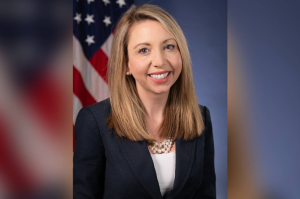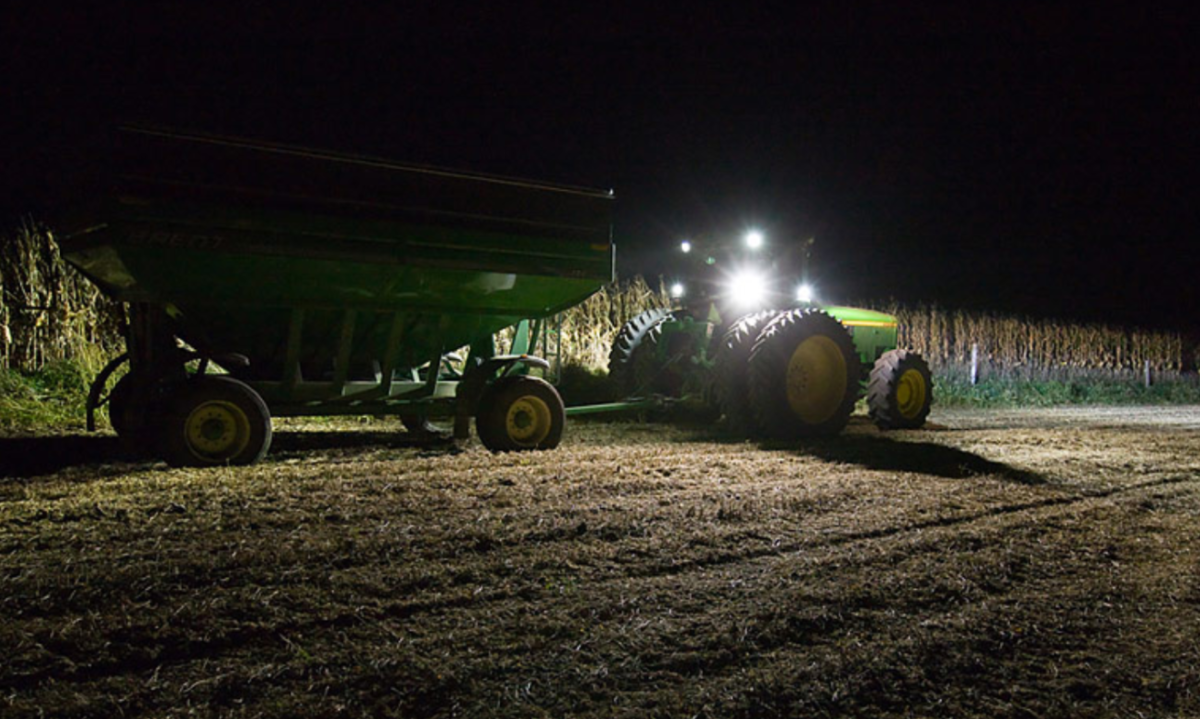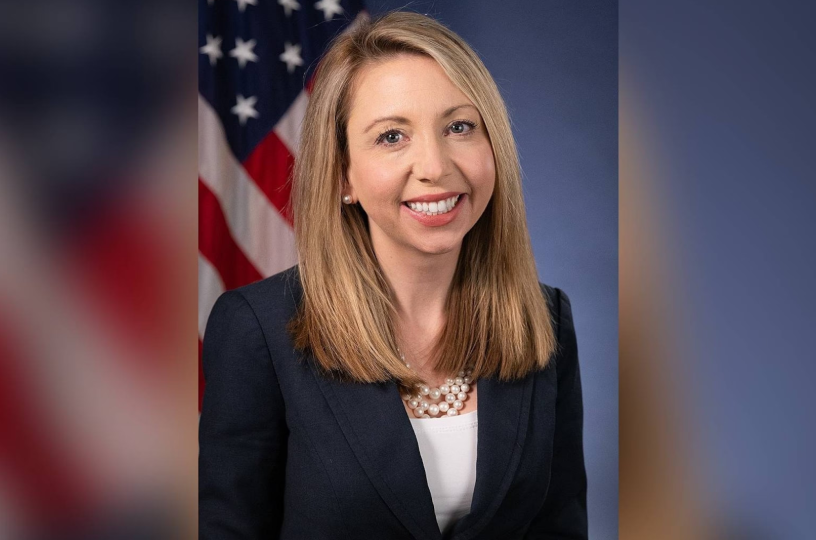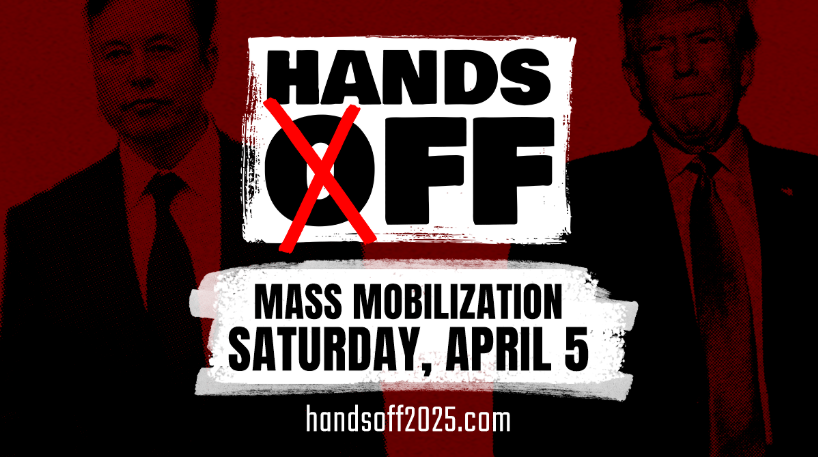Concerns among farmers have sparked in recent months as the Trump administration continues to make changes to subsidies and tariffs. The shifting policies have left farmers across the country frustrated, with many seeking answers.
Farmers rely on consumers to make a living and many major consumers of farmers products receive funding from government programs. Government subsidies play an important role in keeping farmers afloat in the economy. Trump’s tax cuts reduce the backbone of support for farmers in rural America.
Trump acknowledged this to Congress, commenting that there would be “a little bit of an adjustment period” and “farmers will have to bear with me again.”
Government subsidies also reduce the price of farmers’ products nationally. Farmers are what keep rural communities alive; they keep grocery stores running and families fed. Farmers in rural communities often provide food for schools as well.
“I’ve got 31 farmers who are p****d off,” said Spencer Moss, Executive Director of West Virginia Farm and Coalition. Gilkerson, a Farmer in West Virginia, is faced with challenges in her dried fruit business. In preparation after months of hard work, she and her team were getting ready to start distributing their product when they received news that their funding will be cut January 19th.
Another important role in farmers’ income is exporting goods, and with Trump increasing charges on tariffs to other major producers as well as consumers such as China, Mexico and Canada, they may increase theirs as well. The tariff war is currently in play and already affecting farmers across America.
Chuck Conner, head of National Council of Farmer cooperatives, commented on the situation.
“I’ve been at this for 45 years, and for all of those years when there is a trade dispute with another country they recognize that our soft underbelly where we get really sensitive is when you start messing with our food exports,” said Conner.
Other farmers, such as Sarah Alexander, say Trump’s 25% tariff on all imports from Canada has caused a chain reaction across cattle farmers in Maine who have now stated that grain prices would be increasing 15%.
In Virginia, John Boyd, President of the National Black Farmers Association, has doubts on if he will be able to purchase the seed he needs to grow soybean crops for the year.
“It’s planting season and there’s a cloud of uncertainty among the agricultural industry with this president. “In order to get a fair price you need a good steady market and the president is disturbing the market,” said Boyd.
Trump has also not specified whether or not he has a plan to implement a new payment plan which continues to raise concerns among farmers and their consumers.




















